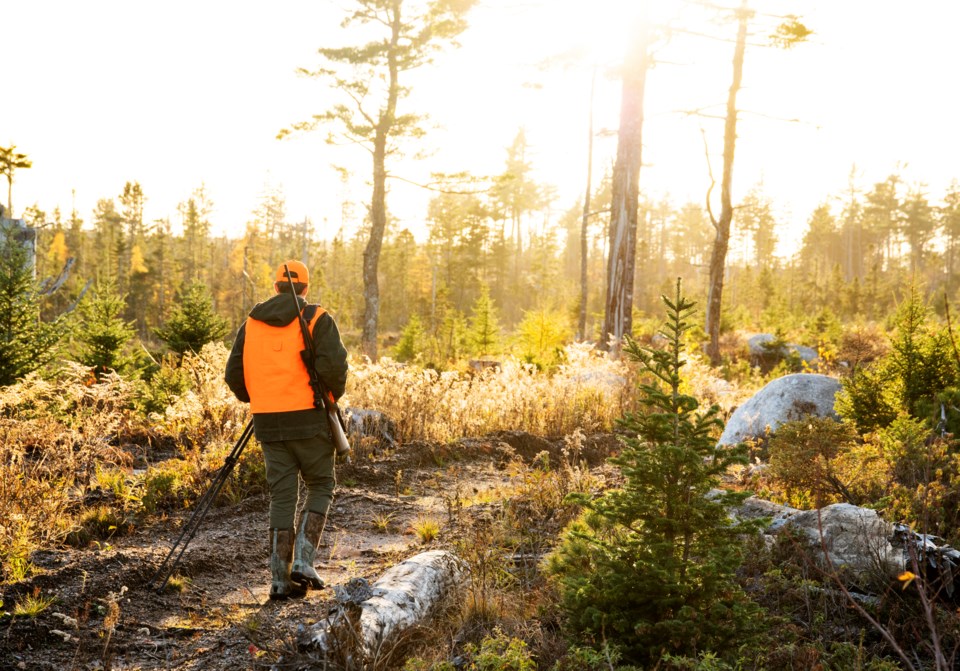Reading through Stefan Labbe’s article “’A Culture of Killing?’” (Pique, July 14), I was struck by how the issue was presented from only one side. How different communities deal with wildlife interactions is a question worth looking into, and indeed if some communities are more eager to pull the trigger, that should be addressed. But I do not think it is at all fair to say that because some conservation officers are hunters, their intentions are not to protect wildlife. To say that hunters do not care about protecting wildlife is like saying cooks don’t like to eat. Without conserving the natural world where their hunt can take place, there is no hunt.
The Habitat Conservation Trust Foundation, whose mission is “to improve the conservation outcomes of B.C.’s fish and wildlife, and the habitats in which they live,” receives 62 per cent of its funding from hunting and fishing licences, and only one per cent from general donations, according to their website. I am not a hunter, but I buy an annual fishing licence every year, and I am proud to be contributing to the betterment of the natural world we are so lucky to be a part of.
People who want to protect wildlife and their habitat are people who have intimate relationships with them, and in many ways, there is nothing more intimate than taking an animal’s life, and making the most of what it has to offer. Does someone who eats bear meat all year and rests on a bearskin rug really not care about protecting bears? I have to believe the conservation officers who are hunters found their profession because of their life as a hunter, not in spite of it.
I don’t want to see any bears killed unnecessarily either, but I hope one day to harvest one for its meat and other resources. When I read the statistics of 540 black bears killed per year, I think of how different the issue would be if they were killed by hunters. Instead of taxpayer resources being wasted on unnecessary killing, revenue would be generated for habitat protection and the bears would not have given their lives for nothing. Of course, this is a simplified way of looking at the problem, and the BCCOS admits it is a complex problem, but hunters can be part of the solution.





